Giving back feels great—unless your help secretly creates more harm than good.
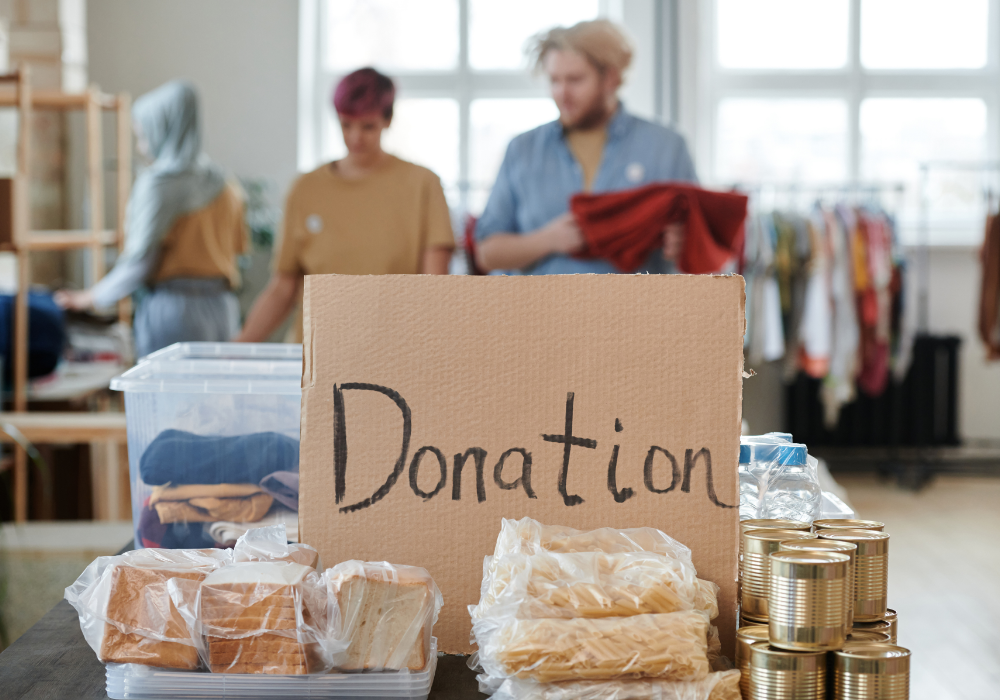
Donating feels like the ultimate good deed. You clean out your closet, write a check, or drop off canned goods and walk away with that warm glow of “I did something good today.” But here’s the uncomfortable truth: sometimes, what we think is helping actually causes more problems for the people and organizations we’re trying to support. Well-meaning donations can clog up resources, create waste, or even undermine local economies and dignity.
It’s not about shaming you for wanting to help—your heart is in the right place. It’s about becoming more mindful so that your generosity actually supports, rather than burdens. Once you know better, you can give in ways that truly empower and uplift. Before your next big declutter or fundraiser, check out these 10 common charitable habits that quietly backfire.
1. That “closet purge” might just become someone else’s landfill.

Dragging bags of pilled sweaters and mystery-stained jeans to the donation bin might feel heroic, but most charities are already drowning in low-quality clothes. Many of these pieces end up getting tossed or shipped overseas, where they can disrupt local economies and pile up in landfills. Your donation shouldn’t be a guilt dump.
Instead, donate only gently used, clean items you’d proudly give to a friend. Check with organizations first to see what they actually need, or consider selling items and donating the money instead. It feels way better to know your old clothes truly help someone rather than just take a detour to another trash pile. A thoughtful choice makes you a hero, not just a closet declutterer.
2. Mystery pantry raids don’t magically feed hungry families.
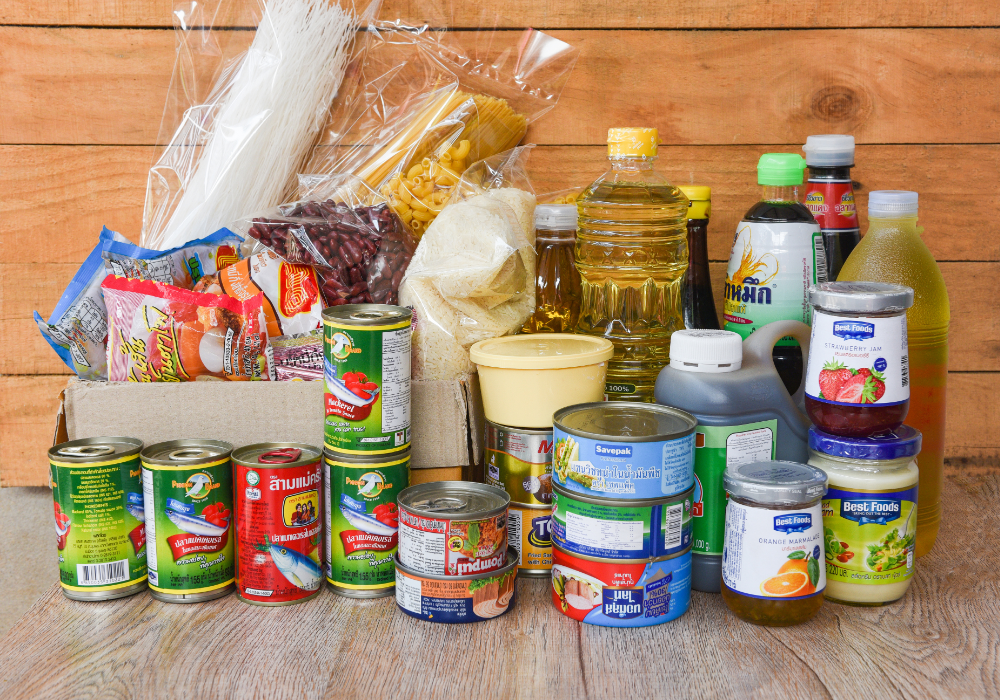
Cleaning out your pantry and tossing all your random cans into a food drive box might sound noble, but food banks often get stuck with expired cranberry sauce and weird sauces nobody eats. These random donations create massive sorting headaches and waste precious volunteer time.
Food banks would rather receive money so they can buy fresh, culturally appropriate items people actually want. If you prefer giving food, call first and ask for a wish list. Nobody feels cared for when handed dusty, expired soup. Next time, skip the pantry purge and give in a way that respects both dignity and nutrition. Your good intentions will go a lot further than that can of beets from 2010.
3. Broken stuff doesn’t magically transform into blessings.

That wobbly chair, cracked coffee maker, or TV missing a remote might feel “better than nothing,” but it’s usually worse than nothing. Charities often have to pay to dispose of broken or useless items, wasting money they could spend on actual help. Your busted blender isn’t a blessing; it’s a bill waiting to happen.
Before you donate, ask yourself: Would I give this to someone I care about? If the answer is no, repair it, recycle it, or toss it responsibly. Your donations should empower, not burden. When you respect the recipient enough to only offer quality, you’re truly practicing generosity—not just clearing your basement under the guise of charity.
4. Disaster relief isn’t helped by your box of random sweaters.
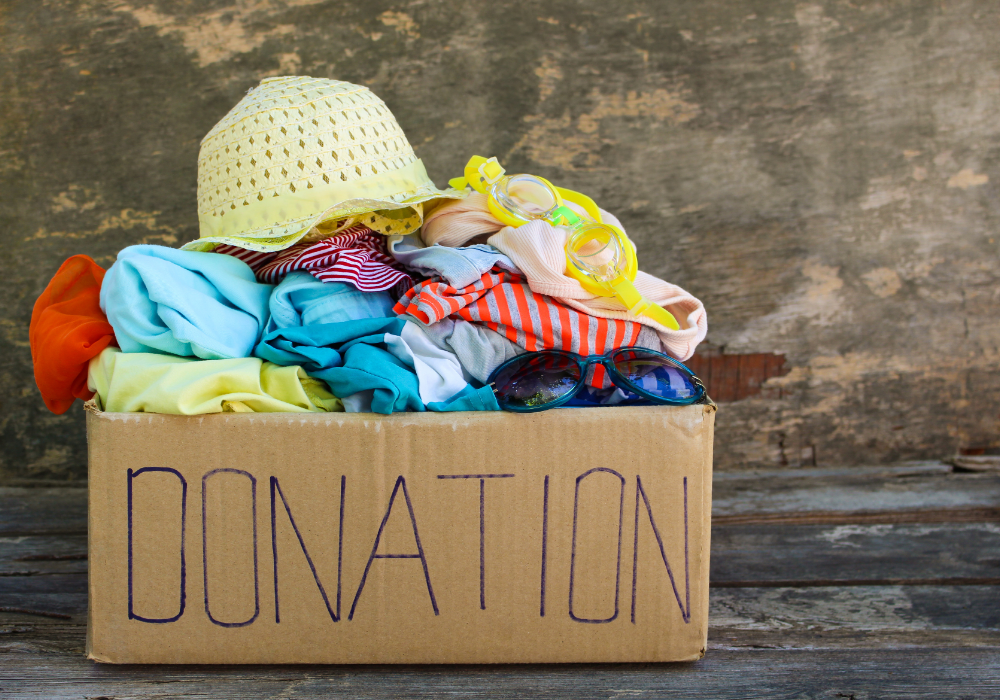
After a disaster, people rush to donate old coats, toys, and boxes of whatever’s lying around. While it feels comforting to “send stuff,” these unsolicited items often clog relief operations, delay urgent supplies, and create chaos for aid workers. Imagine having to sort through teddy bears when what’s needed is clean water and medicine.
Cash donations to trusted local organizations make the biggest difference. Money lets them buy exactly what’s needed, support local businesses, and move fast. Your old ski jacket might feel like a warm hug, but in a crisis, it’s more like an awkward roadblock. Skip the box of random sweaters and send funds that actually save lives and rebuild communities.
5. Impulse donations can end up funding more overhead than impact.

Scrolling social media and hitting “donate” on an emotional video feels immediate and impactful, but not all charities are created equal. Some have bloated admin costs, shady financial practices, or minimal on-the-ground impact. Without doing research, your money might be paying for fancy offices rather than feeding hungry kids or building homes.
Check organizations through tools like Charity Navigator or GuideStar. Look for clear financial transparency and proven impact reports. Thoughtful giving ensures your dollars stretch far and truly help those you intend to support. Emotional giving feels good in the moment, but informed giving does good long after you’ve scrolled past. Your generosity deserves to land exactly where it makes the biggest difference.
6. That “one-size-fits-all” mentality insults real community needs.
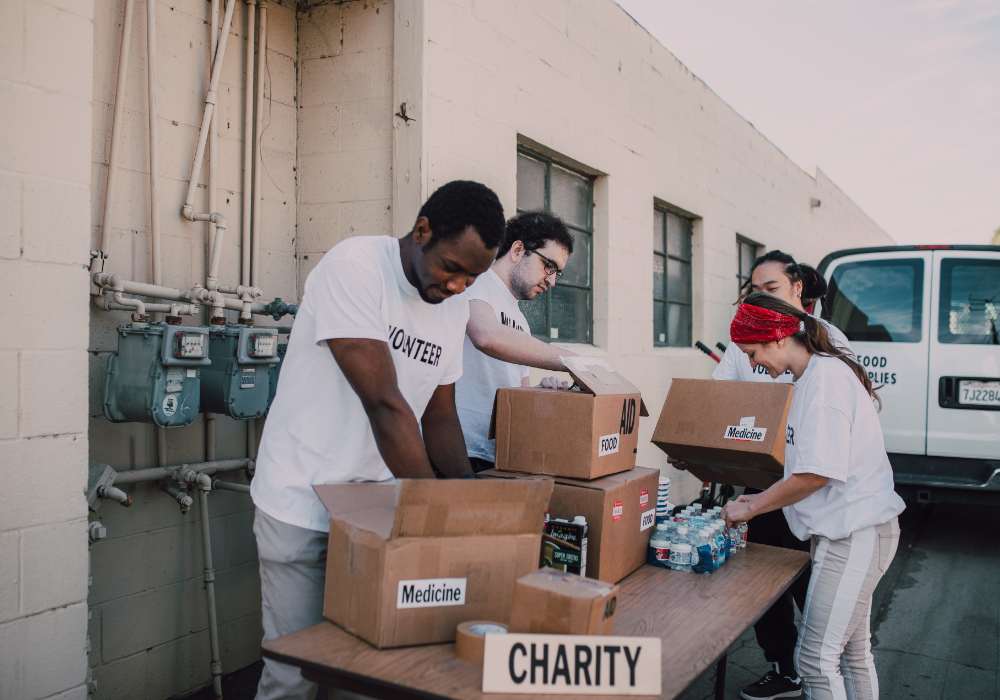
It’s tempting to assume everyone needs what you think they do—old prom dresses, winter coats in tropical places, or random kitchen gadgets. But these mismatched donations often pile up unused or even get thrown away. Instead of empowering communities, you end up adding clutter and ignoring their actual priorities.
The best help starts with listening. Ask what’s truly needed or support local leaders who already know. When you give based on real needs rather than assumptions, you show respect and build genuine trust. Generosity isn’t about unloading what you no longer want; it’s about uplifting others on their terms. Thoughtful, needs-based donations have far more impact than that box of random hand-me-downs you were itching to ditch.
7. Unwanted “freebies” don’t make anyone’s life easier.

Those corporate pens, tote bags from a long-ago conference, or branded water bottles you’re sick of? They’re not the thoughtful donations you think they are. Charities often get stuck sorting and disposing of these random promo items that no one actually wants or needs. Instead of lightening their load, you’re just moving junk from your closet to theirs.
When you declutter, think quality over quantity. High-demand essentials—like hygiene products, warm socks, or sturdy backpacks—make a real difference. If something isn’t useful to you, it likely won’t be to someone else either. It’s better to recycle or discard rather than force organizations to play trash collector. Real giving respects dignity and aims for practical support, not a free swag graveyard.
8. Offloading expired goods doesn’t count as kindness.

Handing over expired medicine, old baby formula, or long-forgotten protein bars isn’t “saving someone money”—it’s dangerous and disrespectful. Charities often can’t legally distribute expired items and spend precious time and resources safely disposing of them. Your pantry clear-out shouldn’t become someone else’s health hazard.
Double-check dates before donating, and if it’s expired, toss it responsibly. Consider donating funds so organizations can purchase exactly what’s needed and ensure freshness. Giving isn’t about feeling better by avoiding waste guilt—it’s about genuinely supporting someone else’s well-being. A thoughtful, fresh contribution always beats dumping dusty leftovers that should have been trashed years ago.
9. Surprise drives can sabotage carefully planned charity logistics.
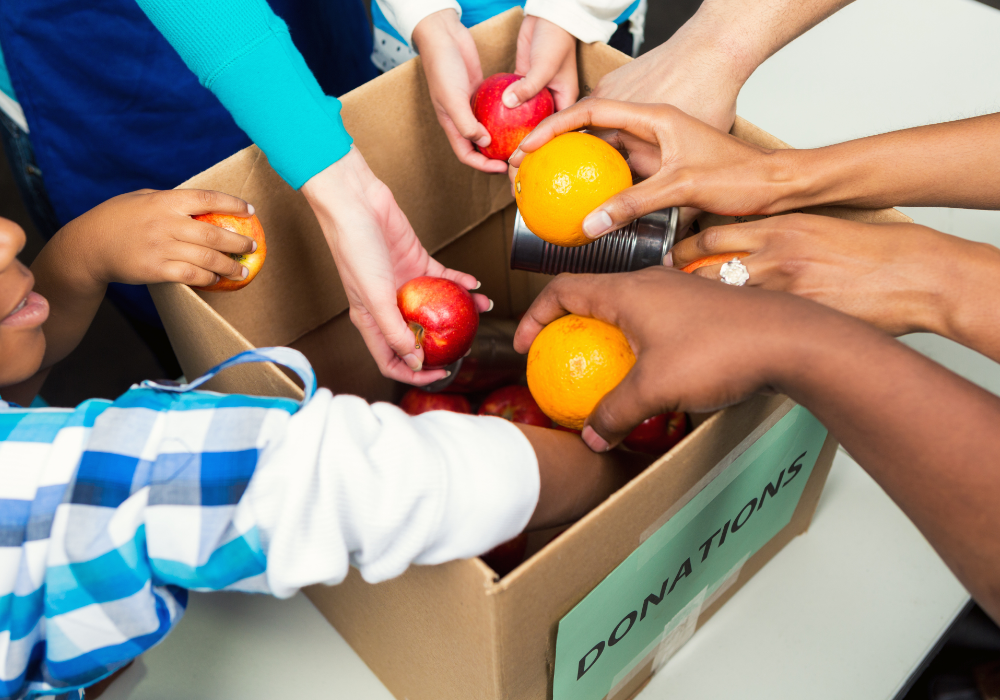
That spontaneous neighborhood drive for coats or canned goods feels community-spirited, but surprise collections often overwhelm charities. Without warning, they suddenly need storage, extra volunteers, and time to sort and distribute unexpected piles of items. Even well-intentioned generosity can derail scheduled programs and strain already limited resources.
Before organizing a collection, always check with the organization first. Find out what they need most and when they can actually receive it. Planned, collaborative drives work wonders; surprise ones? Not so much. When giving is coordinated and informed, it supports rather than disrupts. Remember: it’s not about how good it feels to give—it’s about making sure your kindness actually lands where and when it’s needed most.
10. Treating charity shops as your personal dumping ground burdens them.

Thrift stores are meant to provide affordable goods and fund important programs—not become catch-alls for every broken lamp or decades-old exercise bike. Dropping off anything “just in case someone wants it” often leaves staff stuck with disposal costs and limited space for items that truly help. Your forgotten junk becomes their stressful headache.
Before you donate, ask if your items meet quality standards. Only give things in good, usable condition. If it’s not something you’d give to a friend or proudly pass on, it probably doesn’t belong at a charity shop either. By being selective and respectful, you help keep their shelves stocked with items that actually sell and support their mission. True generosity means valuing their time and resources as much as your own clean garage.
